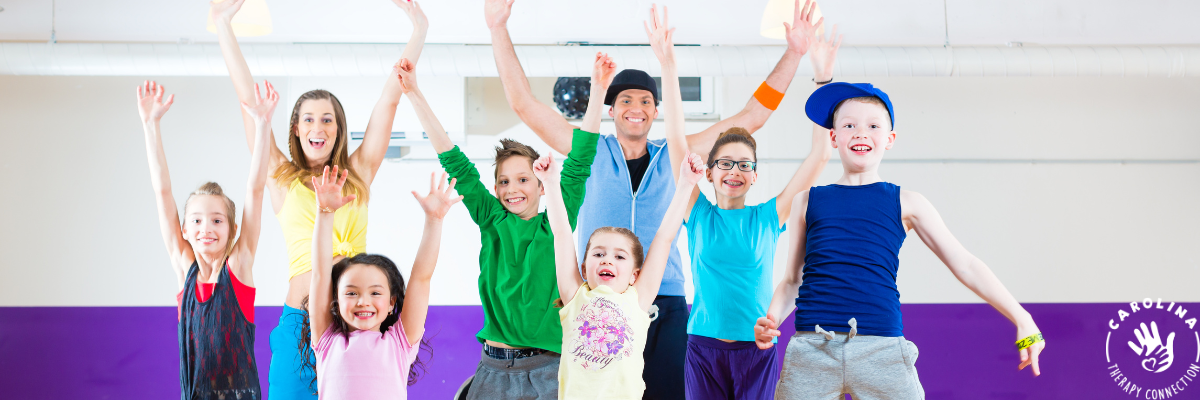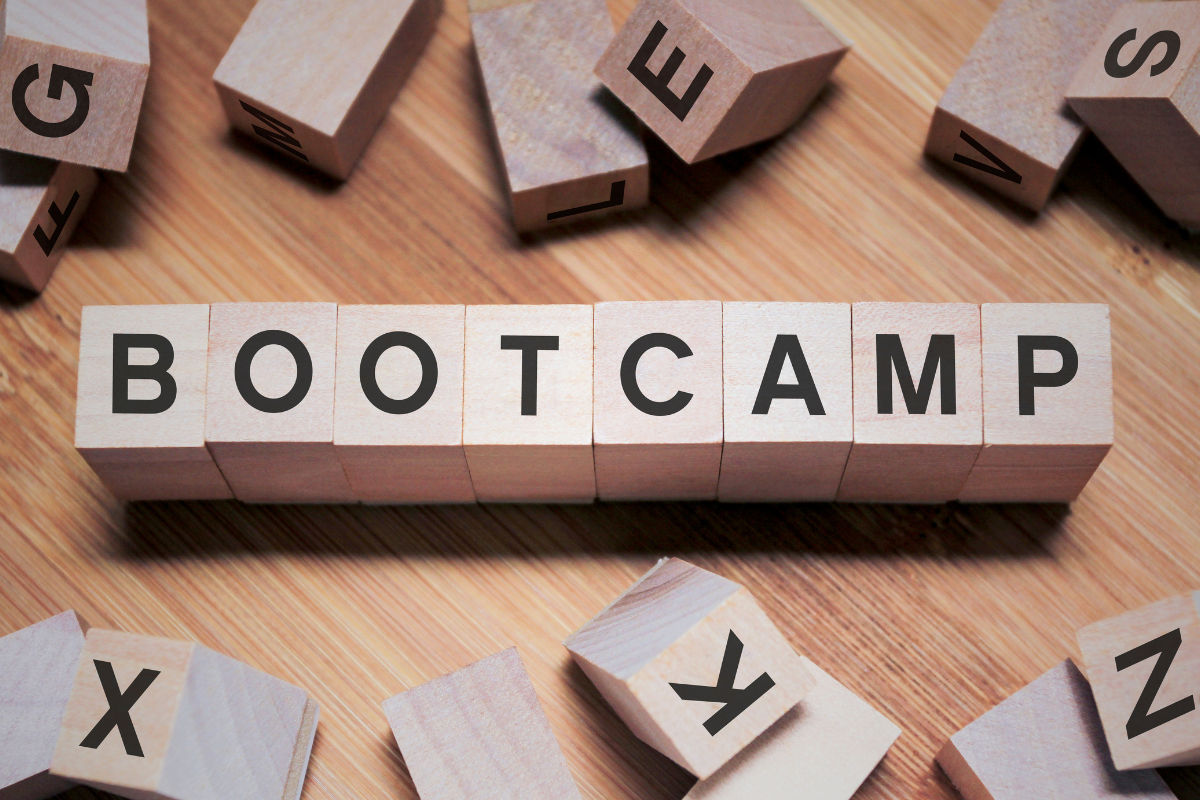We Like to Move It, Move It with Movement-Base Activities!
When you think of movement-based therapy, you may immediately think of physical or occupational therapy. Turns out, speech and language skills can and should be targeted through gross motor activities as well! How does movement help children develop speech and language skills? Incorporating movement into speech therapy sessions promotes attention, self-regulation, and learning.
Movement-Base Activities can set the stage for Learning
Effective speech therapy doesn’t require that a child stays seated in their chair! When kids can move around (e.g., stand, bounce, jump, swing, dance), they are often more motivated to participate in therapy activities. Allowing for movement can increase a child’s attention towards the task at hand, contributing to more significant learning. Movement can also have a calming effect on the body! Think about the soothing impact of rocking a baby and how it feels to swing in a hammock or go on a walk after a long day. Engaging in movement can help a child maintain control over their emotions, thoughts, and behaviors, thus freeing up cognitive resources needed to focus on learning.
Fun, Movement-Based Activities
- Create an Obstacle Course
- Collaborate to create an obstacle course! Slides, swings, cones, bean bags, scooter boards, and balance beams can all be used to create an exciting obstacle course. Target following directions, understanding spatial concepts, and using verbs while designing and completing the course. For kids working on speech sounds, each station can include an opportunity to practice 5-10 words containing target sounds before moving on to the next station.
- Go on a Scavenger Hunt Around the Room
- Take turns hiding objects, puzzle pieces, or pictures around the room. To make it even more fun, use a flashlight or binoculars as you search for the hidden items. As your child finds the secret item, have them describe what they saw and where they found it to encourage expressive language skills.
- Sing and Dance to Music
- Music’s repetitive and melodic element makes it a meaningful way to experience language. For younger kids, sing familiar nursery rhymes and songs to encourage early communication skills such as imitating actions (e.g., clapping hands, stomping feet). Music tends to be repetitive, which provides many opportunities to hear words and phrases. Using a sing-song voice often makes language more memorable for children as they acquire words. Older kids may enjoy taking a dance break while practicing their speech and language goals or choose songs containing a child’s target speech sounds to make repetitive practice more fun!
How can Carolina Therapy Connection Help?
Ask your child’s speech-language pathologist for more ideas for using movement to foster the development of speech and language skills. If you have questions or concerns regarding your child’s communication skills, a Speech-Language Pathologist at Carolina Therapy Connection can help!





















